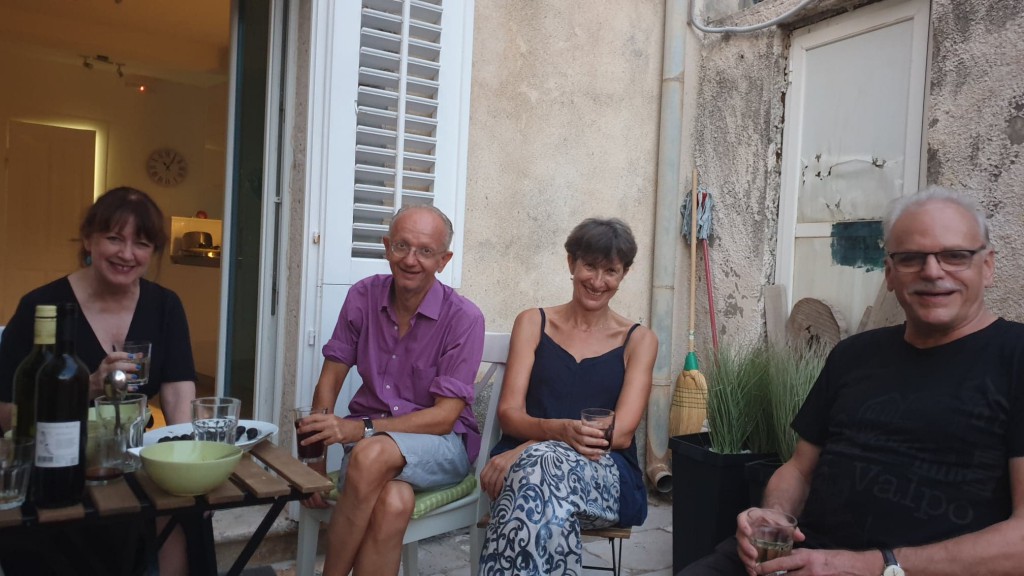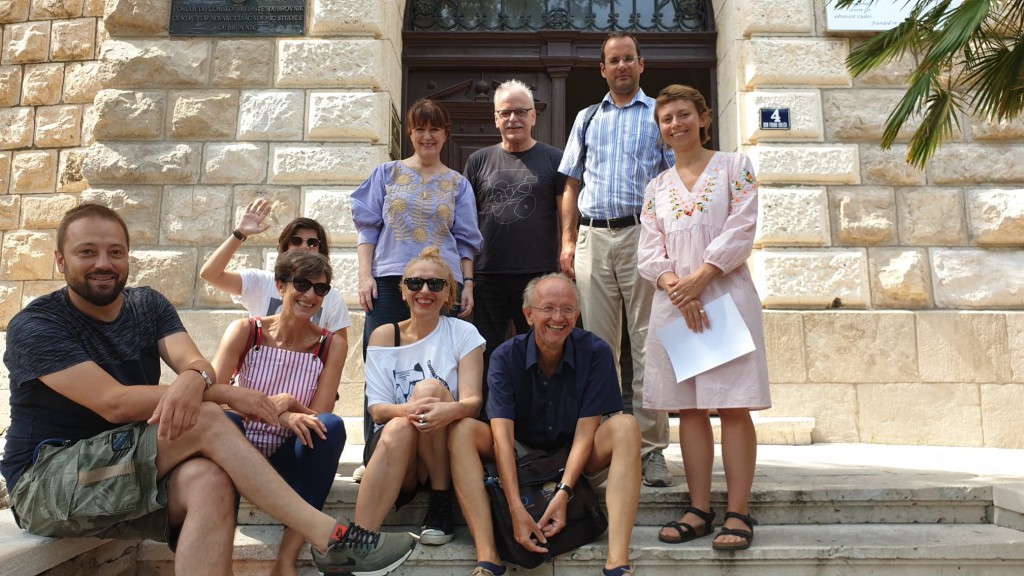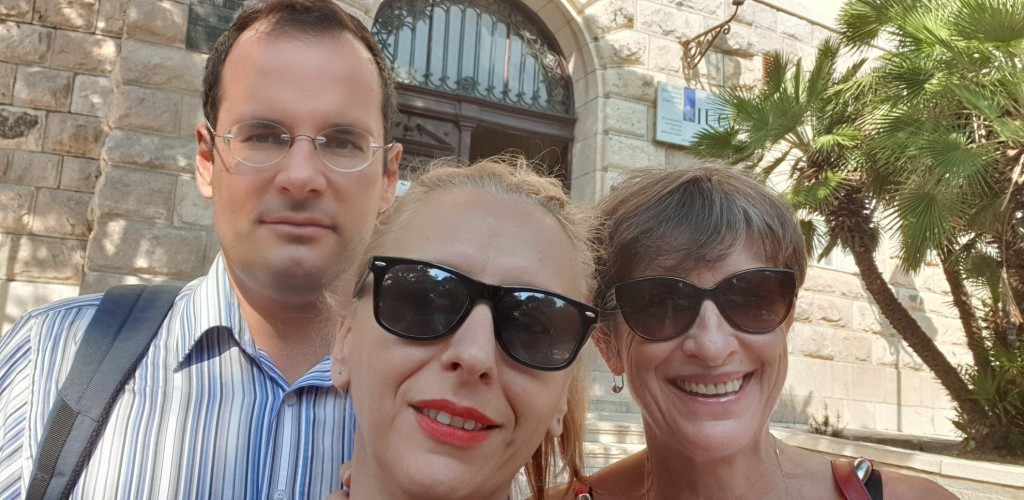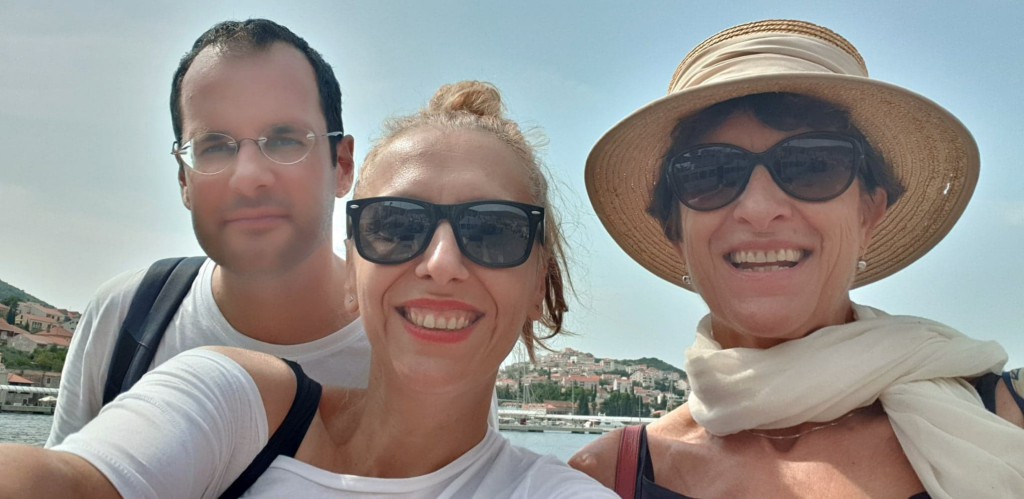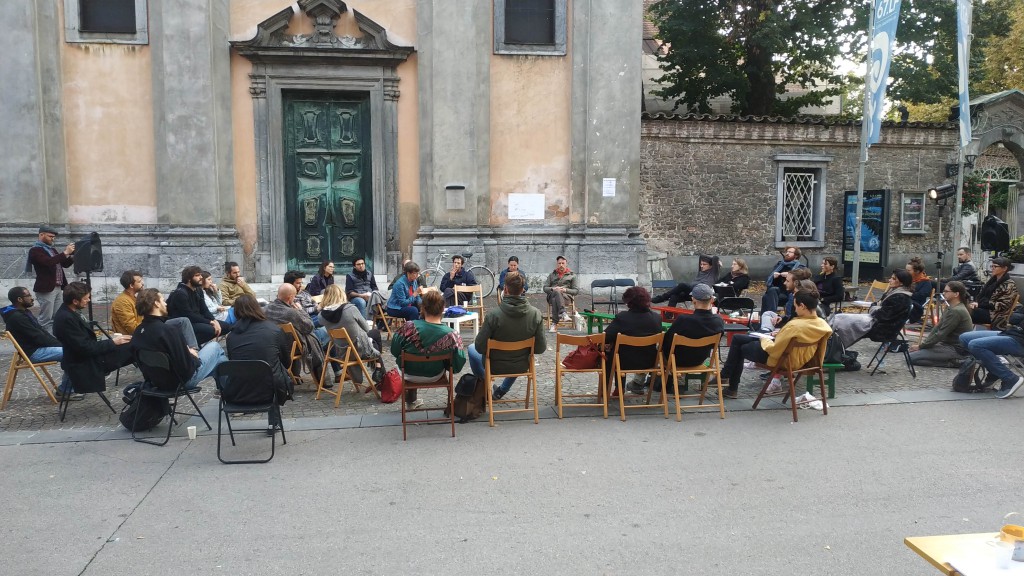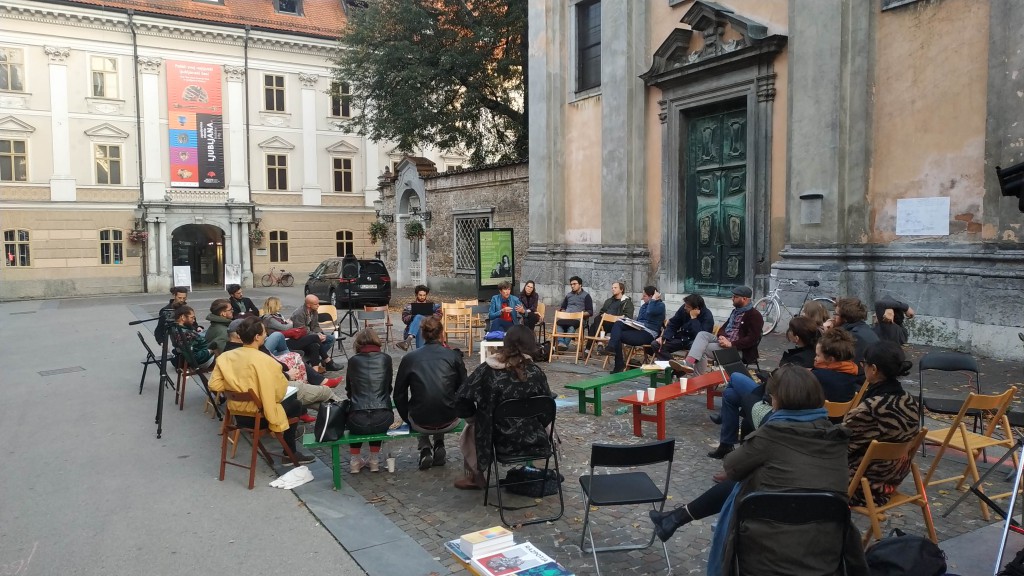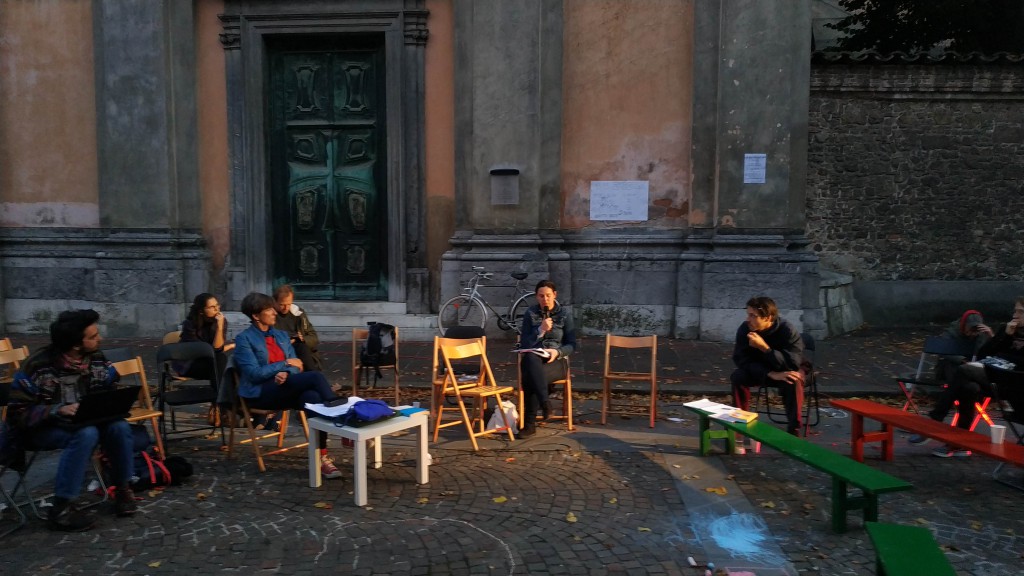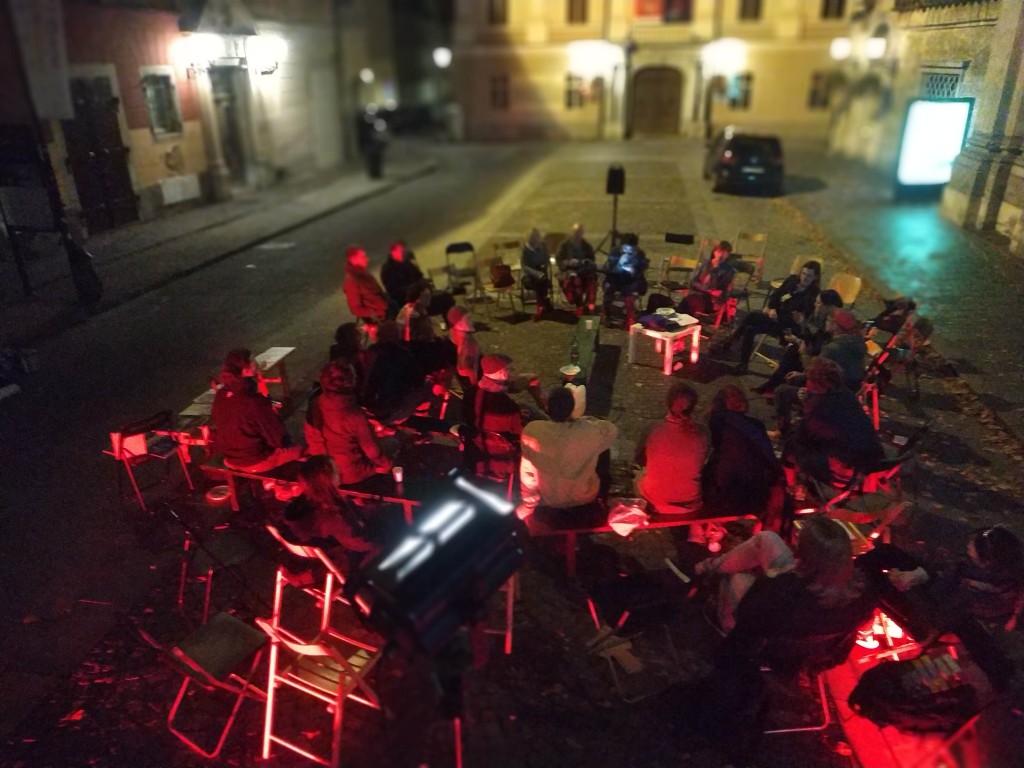The Break in Tradition: Hannah Arendt and Conceptual Change
The break in our tradition is now an accomplished fact. Totalitarian domination (which cannot be comprehended through the usual categories of political thought, and whose “crimes” cannot be judged by traditional moral standards or punished within the legal framework of our civilization) has broken the continuity of Occidental history. (H. Arendt)
Any translation into one’s own present implies a conceptual history. (R. Koselleck)
This project uses Hannah Arendt’s thesis of the “break of tradition” and the consequences of this break for political theory, for understanding, the usage and translation of some of the basic concepts of politics – and especially to relate these to the chosen concepts of European schools of conceptual change. It systematically studies the specific of Arendt’s contribution to analysis of conceptual change and shows the reasons why and where this approach is similar to, or differs from and disagrees with other relevant schools, especially Koselleck’s legacy and how this impacts the explanatory power of the (selected) concepts. By building the interface between different research fields the project aims to enhance the understanding of the influence of political concepts on our ability to comprehend the contemporary challenges. Furthermore, the goal is to reframe and re-describe some selected political concepts in an original theoretical and for political practice relevant way while bringing together a group of scholars of different background, schools and research fields.
The project’s original results will be a methodological framework for the analyses of changes, analyses of “translation” and re-descriptions of some basic concepts of politics in the 21st century. This will help to understand some challenges in the neo-liberal post-socialist surroundings: such as the break with socialism/communism, the emergence and decline of revolutionary movements at the end of millennium and the return of totalitarian tendencies in Europe and elsewhere, the burning issues of truth and politics, the rise of new racism and new global divisions, the problems of nation-states, refugees, migrants, the criminalization of migration, and the increasing phenomena of superfluousness.
Background
Several approaches to basic concepts of politics, conceptual change and history (Begriffsgeschichte) exist within the European research tradition: from Kosellcek’s monumental work on concepts in their historical dynamic, the French and Italian school to the Cambridge history of political thought, focusing on changes in relation between speech and action. Research of the Dutch political and social conceptual history as well as Finnish school explore conceptual groups in inter-language contexts.
A large portion of Hannah Arendt’s work too consists of conceptual considerations, though not systematically historically. Her point of departure is the rupture in tradition, which she, as a factual break, locates in the emergence of total domination in the 20th century. Arendt’s accounts at the first sight look almost anarchic, a bricolage, “wandering thought” while systematically refusing of traditional scientific methodology and offering a systematic critique of any analogy between totalitarianism and other forms of political domination – tyranny or dictatorship. Her work proceeds from the monumental rethinking of conceptual change “after Auschwitz” which is crucial for a deeper understanding of contemporary challenges.
Objectives and results
The overall objective of this research is to systematically study the specific of Arendt’s contribution to analysis of conceptual change (based on the “break in tradition” approach) and to show the reasons why and where is this approach similar to, or differs from and disagrees with other schools, especially Koselleck’s legacy and how this impacts the explanatory power of the (selected) concepts.
The project will generate original insights in the field of Hannah Arendt’s studies while bringing about better understanding of her unique epistemology. It will create new knowledge in the area of basic concepts in political science by building the interface between different research fields. Apart from elaborating on the main differences between the Arendtian approach and other conceptual schools it will strengthen the awareness how concepts influence our ability to comprehend some of the main contemporary challenges. Furthermore, the project will reframe and re-describe some selected political concepts in an original theoretical and for political practice relevant way.
Project execution
Research approach
Researching political concepts requires epistemological perspective facilitating access to political phenomena and experience: those that take into account political action, the unpredictable “sphere of human affairs”. This methodological principle will be at the centre of research. This includes inductive procedure of tracking concept generation, taking into consideration the language and concrete political experiences.
Research will have theoretical and empirical part. After building the methodological framework we will first describe (analyse) the contribution of basic schools and then describe and analyse some corresponding Arendt’s categories in order to assess their distance or proximity, translation and everyday use. Empirical part will consist of checking up the analytical categories against the selected contemporary phenomena and processes.
Results
Project activities:
- Between 2 and 7 September, 2019, the part of the project team (Vlasta Jalušič, Gorazd Kovačič, Lana Zdravković) attended a seminar Identity of Europe at Inter-University Centre in Dubrovnik, where they presented the research achievements emerging from the project. An introductory meeting was also held with collaborating researchers from abroad (Wolfgang Heuer, Cristina Sanchez, Zoran Kurelić).
- The research team met in October 2019 at the Peace Institute to discuss the basic concepts that will be addressed within the project.
- Panel with the title “Confronting Political Concepts with New Nationalisms” has been accepted for the 26th World Congress of Political Science to be held in Lisbon (Portugal), 25-29 July 2020, with the theme New Nationalisms in an Open World. The presenters of the panel are Vlasta Jalušič (Convenor and Chair) and Waltraud Meints-Stender (Discussant). Papergivers of the panel are: Zoran Kurelić (University of Zagreb, Croatia) / The Anti-secularist Attack on Liberal Pluralism, Vlasta Jalušič (Peace Institute and University of Ljubljana, Slovenia) / Predicaments of the Nation-state: Can we still learn from Arendt’s Concepts?, Waltraud Meints-Stender (University of Niederrhein, Germany) / Political Autonomy after the End of Autonomy, Cristina Sánchez (Autonomous University of Madrid, Spain) / Crises of the Republic, Crisis of Democracy: Readings from an Arendtian Perspective, Wolfgang Heuer (Free University of Berlin, Germany) / The Challenge of the Break of the Tradition, Boštjan Nedoh, (Slovenian Academy of sciences, Institute for Philosophy, Slovenia) / From the Nation-state to the State of Refugees: Agamben and the Future of Europe.
Panel description
Together with several serious challenges in the last two decades (terror, refugee movements, financial and economic crises), we are facing populist movements and recurring ideologies like nationalism, antisemitism, racism, sexism and homophobia. The European institutional model of a well-balanced separation of powers, parliamentary representation and the role of parties and executive branch is questioned by populist definitions and practices of “the people” and its leaders, institutional increase of executive power ‘illiberal democracy’ and the use of referendum against parliamentary representation. In the 1950s, Hannah Arendt spoke about “the break in tradition” and the impossibility of continuing to think about new political phenomena with categories that no longer corresponded to those phenomena. Our interest, in this sense, is to rethink some key political concepts, such as power, autonomy, and authoritarianism among others, to examine them and to contribute to the more in-depth understanding of the link between relevance of political concepts and comprehension of some major contemporary challenges.
This panel engages with the following questions: Can our traditional concepts and ideas still in keep in touch with newer events and help us understand what is happening or do we have to rethink them in the light of recent experiences? Can we speak about a rupture in the traditional political concepts? Are there concepts from the past, which prevent the impartiality of contemporary judgment? Do the crises highlight constitutional weaknesses, which come to the fore through these crises?
Publications, public appearances and other activities of researchers:
- Within the Summer Cinema of the Slovenian Cinematheque at the Metelkova Museum Platform (August 2019), which focused on women’s creativity through film and discussion program, before the screening of the film Hannah Arendt (r. Margrethe von Trotta), Vlasta Jalušič highlighted her life, work and key concepts of her theory.
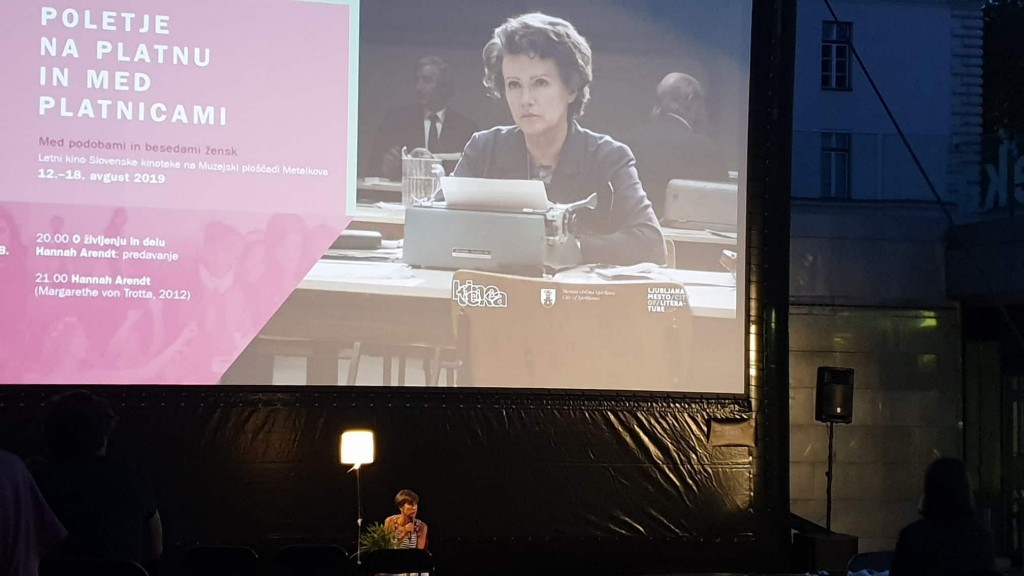
- Part of the project team (Vlasta Jalušič and Jerneja Brumen) participated in the debate Revolution at the French Revolution Square on October 13, 2019, the day before Hannah Arendt’s 113th birthday. The event was co-organized with the recently released translation of Hannah Arendt’s book “On Revolution” in Slovene.
- »Tisti, ki lažejo, samih sebe nimajo za lažnivce«, Vlasta Jalušič, interview in Mladina weekley 2020
- Vlasta Jalušič and Veronika Bajt.2020. A paradigm shift framed by a crisis: recent debates on immigration and integration in six EU countries in Annales, Anali za istrske in mediteranske študije, Series Historia et Sociologia, 30, 4.
Partners:
- Peace institute
- University of Ljubljana, Faculty of Arts
- Institute of Philosophy, Scientific Research Centre of Slovenian Academy of Sciences and Arts
Funders:


